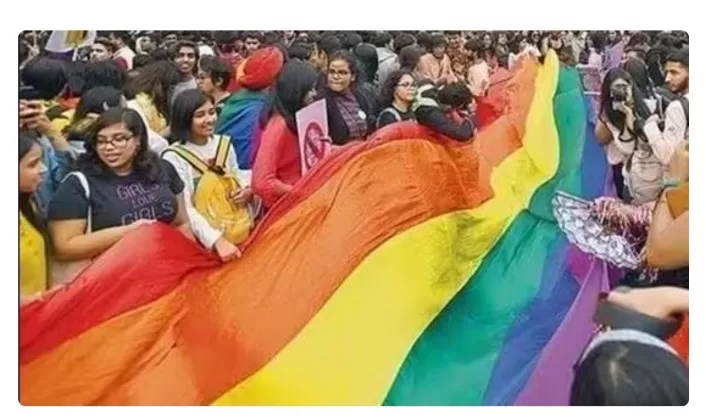New Delhi — The Supreme Court has granted consideration to a series of review petitions challenging its October 17 judgment, which refrained from granting legal recognition to same-sex couples. The court, by a 3-2 majority, had ruled against legal sanction for same-sex marriages, raising questions about the constitutional protection of civil unions and adoption rights for LGBTQ+ couples.
Senior counsel Mukul Rohatgi, representing the petitioners, urged Chief Justice of India Dhananjaya Y Chandrachud to prioritize an open court hearing for the review petitions. Rohatgi emphasized the importance of an open discussion, considering the discriminatory aspects highlighted in the majority judgment.
The review petitions are set to be considered on November 28, with Rohatgi pushing for an open court hearing. The Chief Justice assured that the request for an open court hearing would be duly examined. Review petitions usually follow a chamber consideration process, but an open court hearing may be allowed if the judges find merit in the pleas.
Given that Justice S Ravindra Bhat, one of the judges from the original bench, retired on October 20, the Chief Justice will appoint a new judge to the bench for the review. The majority judgment in October argued against legalizing same-sex marriages, citing concerns about separation of powers and unforeseeable consequences.
Udit Sood, a US-based lawyer among the petitioners, filed the first review petition on November 1, asserting that the majority judgment was “manifestly unjust” and “self-contradictory.” Sood criticized the court for acknowledging discrimination against the LGBTQIA+ community but not taking steps to prohibit it.
Supriya Chakravarty and Abhay Dang filed subsequent review petitions, arguing that constitutional courts have the authority to review statutory law to align it with constitutional values. They contended that the court need not wait for legislative action to recognize same-sex marriages.
The October 17 ruling unanimously declared that the right to marry was not a fundamental right, and the court could not direct the legislature to characterize same-sex marriages through new legislation. The judges were divided on recognizing civil unions for queer couples, with Chief Justice Chandrachud and Justice Sanjay Kishan Kaul in favor, while Justices Bhat, Hima Kohli, and PS Narasimha opposed.
The upcoming review provides hope for a reevaluation of the legal stance on same-sex marriages in India, with the LGBTQ+ community anticipating a positive shift.




